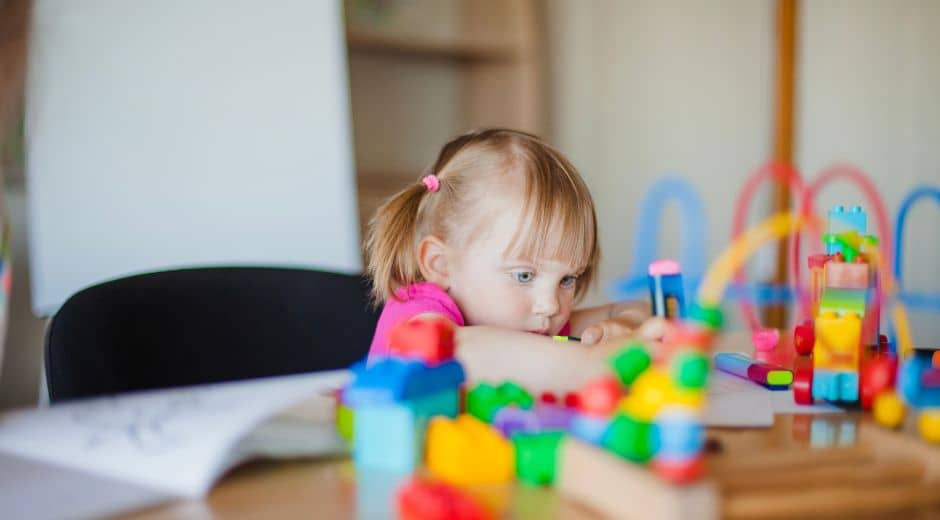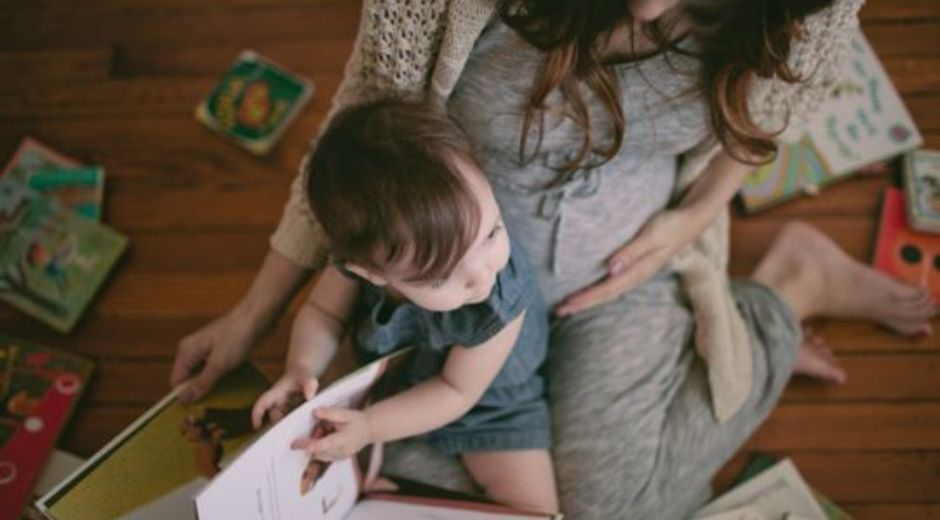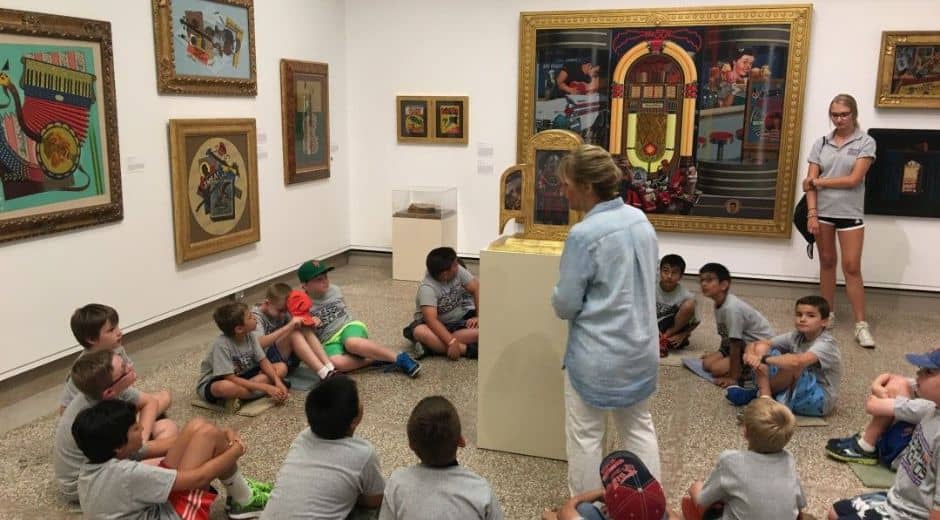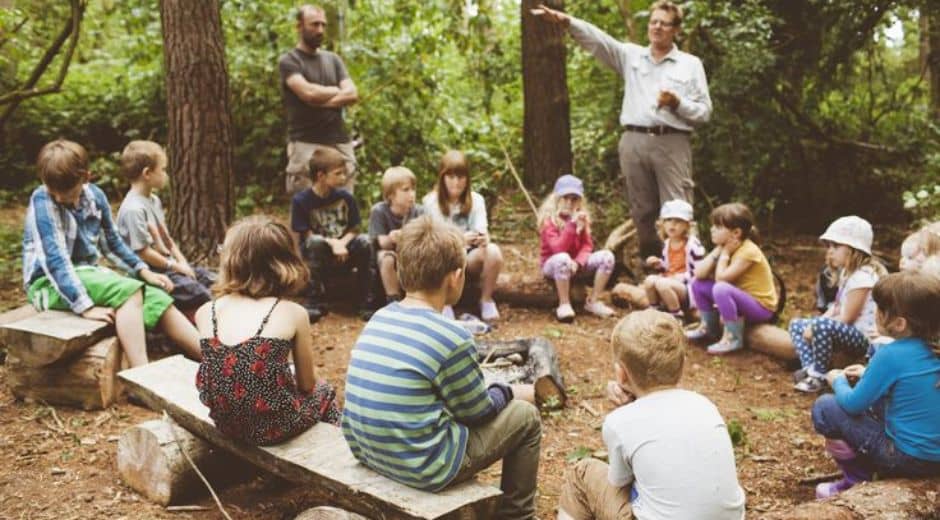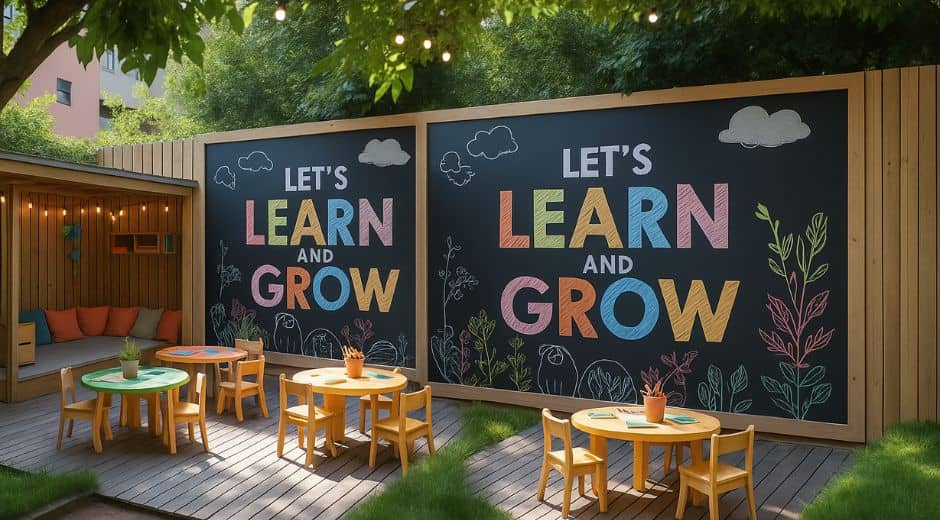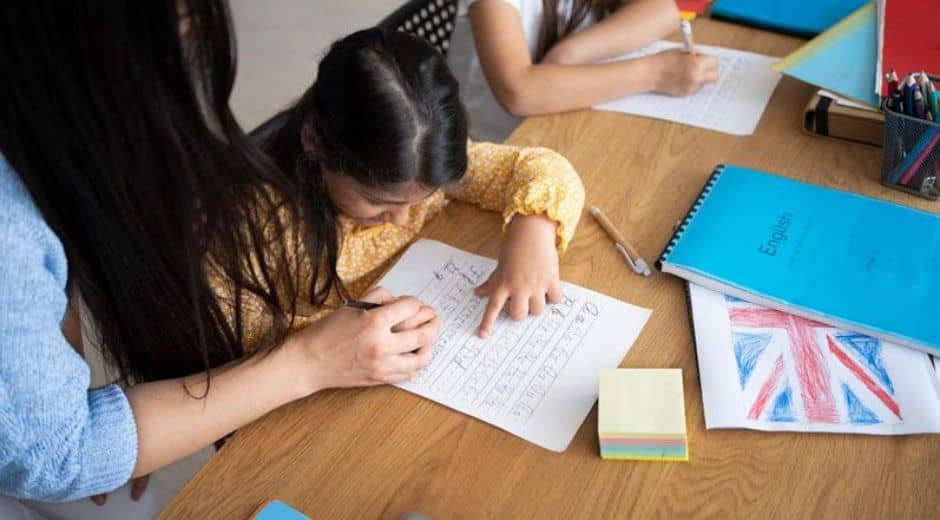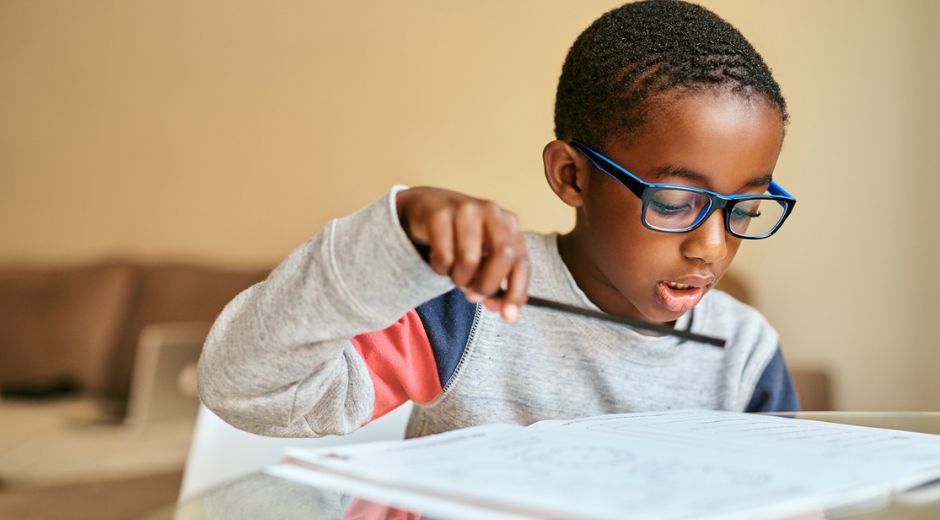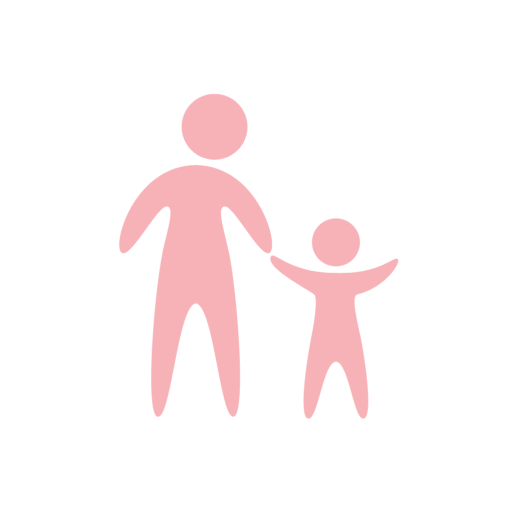Patience in Progress: 7 Calm Lessons for a Brighter Mind
Patience in Progress: 7 Calm Lessons for a Brighter Mind
In a world that moves faster every day, teaching Patience to children has become one of the greatest acts of modern love. Between schoolwork, emotional growth, and daily responsibilities, children are constantly faced with moments that test their ability to stay calm and focused. As parents, our role is not to remove challenges, but to guide them in facing life’s rhythms with gentle endurance and trust in the process.
This is not about slowing your child down—it’s about helping them understand that every pause has meaning, and every waiting moment has wisdom hidden within. The art of Patience is not passive; it’s a living skill that shapes emotional intelligence, empathy, and inner peace.
Below are seven calm lessons that help nurture Patience and build a brighter, balanced mind in your child.
1. The Power of Pausing Before Reacting
Children are naturally impulsive—they want things done immediately. Teaching them to take a breath before reacting helps them build self-regulation. Encourage your child to “pause and feel” before they speak or respond. You can model this yourself by staying calm during tense moments.
For example, before resolving a conflict between siblings, pause together. Take three deep breaths, let the silence stretch, and only then, discuss feelings. This small ritual creates emotional space and teaches children that a quiet mind often sees clearer solutions.
When children learn to pause, they begin to make conscious choices, not reactive ones. That’s the first seed of Patience.
2. Building Daily Routines That Embrace Calm
A structured day brings security. When children know what to expect, they develop trust—and trust leads to Patience. Create small, gentle rhythms in your home: a morning stretch, calm breakfast time, reading before bed.
It doesn’t need to be perfect. What matters is consistency. These tiny moments of predictability reduce stress and teach children to move from one task to another with ease. Over time, they learn that waiting is not a burden—it’s part of the natural flow of life.
If you’d like to discover mindful ways to structure peaceful family routines, explore https://coolparentingtips.com/category/education/ for more gentle parenting inspiration.
3. Teaching Through Nature’s Rhythm
Nature is one of the best teachers of Patience. Seeds don’t rush to bloom, rivers don’t hurry their course, and seasons unfold exactly when they are ready. Take your child outdoors—plant something together, observe how it grows, or simply watch the clouds drift by.
Through these experiences, they see that life has its own rhythm. Things happen in their own time, and that’s okay. This connection to nature nurtures calmness and helps children understand that effort and time coexist beautifully.
You can also find fascinating resources about mindfulness and balance in life through https://focusmindflow.com/, which offers insights into conscious living for both parents and children.
4. Turning Waiting Into Wonder
Waiting doesn’t have to be frustrating—it can be a moment of quiet discovery. Whether it’s waiting in line, in traffic, or for a special event, you can help your child shift their mindset.
Ask them: “What can you notice while we wait?” Maybe they’ll hear birds, see patterns on the wall, or feel the rhythm of their breath. This awareness transforms stillness into wonder.
Such moments help them understand that Patience isn’t about boredom—it’s about noticing what life reveals when we slow down enough to see it.
5. Encouraging Gentle Self-Talk
When your child struggles to wait or feels frustrated, help them find soothing inner words. Phrases like “I can handle this,” or “Good things take time” become quiet mantras that shape their self-dialogue.
Explain that even grown-ups practice Patience daily—whether it’s at work, in relationships, or while learning something new. When children see adults using calm self-talk, they imitate that grace.
Encourage them to write positive notes or keep a “calm journal,” where they record moments when they waited patiently and how it made them feel. This builds emotional strength and awareness.
6. Learning from Effort, Not Outcome
Children often equate success with speed. But true learning takes time. Help them see that every mistake, every retry, is part of growth. When they face difficulty—whether in studies, art, or friendships—remind them that progress is a journey, not a race.
This lesson is beautifully captured in the concept of conscious effort, which you can explore further through https://studyskillup.com/ platform that celebrates mindful learning and educational balance.
By focusing on process over perfection, children discover that persistence and Patience are the real keys to mastery.
7. Modeling Calm Through Your Own Energy
Children mirror what they observe. If you’re calm and composed, they naturally adopt the same rhythm. When you handle stress with softness, your child learns resilience through imitation.
Show them how to slow down during challenges—speak gently, breathe deeply, and move intentionally. Small gestures like this create a home atmosphere where Patience thrives.
Remember: children don’t just learn what we say—they learn who we are when life tests us.
A Gentle Reflection
The practice of Patience doesn’t come overnight. It unfolds gradually, through love, consistency, and the willingness to be present. Each pause, each calm word, each shared breath brings your family closer to balance.
As parents, you’re not just teaching waiting—you’re shaping wisdom. You’re guiding your child toward a future where they can think clearly, feel deeply, and act kindly, no matter how loud the world becomes.
So the next time your child feels restless, remind them: Patience in progress is not about slowing down—it’s about growing beautifully, one calm breath at a time.
Learn Bond Bloom

Helping Kids Emotions Without Overreacting
Helping Kids Emotions Without Overreacting

Family Connection Time Ideas For Busy Parents
Family Connection Time Ideas For Busy Parents

Positive Discipline Tools That Teach Responsibility
Positive Discipline Tools That Teach Responsibility
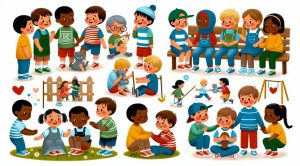
Building Emotional Skills Kids Use For Life
Building Emotional Skills Kids Use For Life
